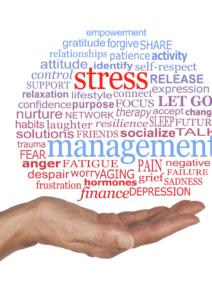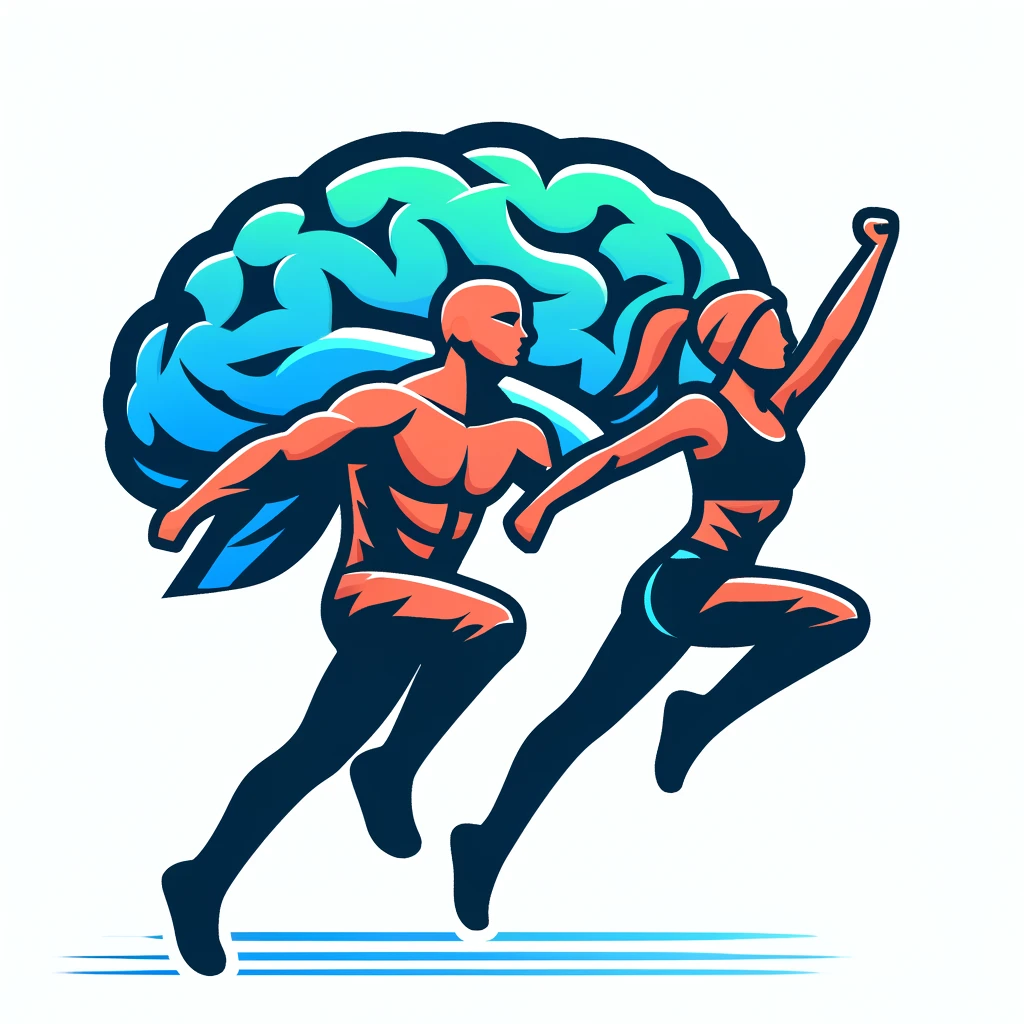In the hustle and bustle of modern life, stress has become an all-too-familiar companion for many of us. Whether it’s the pressures of work, relationships, finances, or the constant bombardment of information, stress can weave into our daily existence, casting a shadow over our well-being.
Table of Contents
ToggleUnderstanding the impact of stress on today’s society
Stress has become a prevalent issue in today’s fast-paced society, impacting individuals from all walks of life. Stress can take a toll on our mental and physical well-being, from the pressures of work and personal relationships to the constant bombardment of information and stimuli.
Understanding the causes and consequences of stress and developing healthy coping mechanisms are crucial for effectively navigating the challenges of modern life.
This Blog will delve into the various aspects of stress in today’s society, providing insights and strategies to help individuals effectively manage and reduce stress levels.
Identifying common sources of stress in everyday life
In our daily routines, various factors contribute to stress levels. Common sources include job pressures, financial concerns, relationship issues, and societal expectations. Moreover, technological advancements have made it challenging to disconnect, leading to information overload and a constant need to be reachable.
Recognizing these sources is the first step toward effectively managing stress. By pinpointing what triggers our stress responses, we can develop targeted strategies to address these challenges head-on. Stay tuned as we explore practical ways to recognize and tackle these stressors in our daily lives.

The importance of stress management techniques
Implementing effective stress management techniques is crucial for maintaining overall well-being. Various strategies, from mindfulness practices to regular exercise and proper time management, can help alleviate stress.
Incorporating these techniques into our daily routines can enhance our resilience and ability to cope with life’s challenges. In the upcoming sections, we will delve deeper into specific stress management tools and explore how they can positively impact our mental and physical health.
Stay tuned to learn more about practical ways to prioritize self-care and reduce stress in your daily life.

Strategies for coping with Stress in the workplace
Navigating stress in the workplace is essential for maintaining productivity and overall well-being. The next section will delve into practical strategies to effectively manage stress professionally.
We will explore how employees can create a more balanced and fulfilling work environment by setting boundaries and practicing self-care during work hours.
Stay tuned to discover actionable tips on coping with workplace stress and enhancing job satisfaction. By implementing these strategies, you can foster a healthier work-life balance and reduce the negative impact of stress on your professional life.

Seeking professional help for chronic stress
Seeking professional help for chronic stress is crucial for long-term well-being. Consulting with a therapist or counselor can provide valuable insights and coping mechanisms to navigate overwhelming stressors effectively.
Additionally, considering stress management workshops or programs at work can offer support and resources to address ongoing challenges. Prioritizing mental health is a proactive approach to managing stress and nurturing a positive work environment.
Remember, it’s okay to ask for help when needed, and seeking professional guidance is a proactive step toward achieving a healthier work-life balance. Stay tuned for more tips on managing stress in the workplace effectively.

Addressing the stigma surrounding mental health and stress
Breaking the stigma around mental health is essential for creating a supportive environment for individuals struggling with stress. It’s crucial to foster open conversations and educate ourselves and others about the importance of mental well-being.
By promoting a culture of understanding and empathy, we can encourage seeking help without fear of judgment. Let’s work together to prioritize mental health and empower individuals to take proactive steps toward managing stress effectively.
Stay tuned for practical strategies to combat stigma and promote mental health awareness in the workplace.
Encouraging a supportive and understanding environment for stress management
Creating a supportive and understanding environment is key to effective stress management. Encourage open communication, active listening, and empathy among colleagues and friends. Be mindful of individual boundaries and offer support without judgment.
Providing resources and information on mental health services can also be beneficial. Let’s foster a culture that values mental well-being and promotes healthy coping strategies.
Stay tuned for practical tips on cultivating a supportive environment for stress management in your personal and professional life. Let’s prioritize mental health and create a community that uplifts and supports one another.

Taking steps towards a healthier and more balanced life
Taking steps towards a healthier and more balanced life is crucial in combating the effects of stress. Incorporate mindfulness, physical exercise, proper nutrition, and sufficient rest into your routine.
Setting boundaries and prioritizing self-care is essential for maintaining overall well-being. Remember to seek professional help if needed and continue to explore additional strategies for managing stress effectively.
Join us in our journey to prioritize mental health and create a harmonious balance in our personal and professional lives. Together, we can achieve a healthier and happier lifestyle. Let’s embark on this journey of self-discovery and well-being.

FAQs
1. What is stress, and how does it affect our bodies and minds?
Answer: Stress is the body’s natural response to perceived threats or demands, triggering a complex physiological reaction known as the “fight or flight” response. It can manifest as physical, emotional, or cognitive symptoms, such as increased heart rate, muscle tension, irritability, and difficulty concentrating.
2. What are some common causes of stress in daily life?
Answer: Common stressors include work pressure, financial worries, relationship problems, major life changes (such as moving or starting a new job), academic demands, and health concerns.
3. How can I recognize the signs and symptoms of stress?
Answer: Signs of stress vary from person to person but may include physical symptoms like headaches or stomachaches, emotional symptoms like irritability or mood swings, cognitive symptoms like racing thoughts or difficulty concentrating, and behavioral symptoms like changes in appetite or sleep patterns.
4. What are some short-term strategies for coping with acute stress in the moment?
Answer: Short-term strategies for managing acute stress include deep breathing exercises, progressive muscle relaxation, mindfulness meditation, short walking, or engaging in a favorite hobby or activity.
5. How does chronic stress impact our long-term health and well-being?
Answer: Chronic stress has been linked to a wide range of health problems, including heart disease, high blood pressure, weakened immune function, digestive issues, depression, and anxiety.
6. Can I make lifestyle changes to reduce my stress levels?
Answer: Yes, adopting healthy lifestyle habits such as regular exercise, a balanced diet, adequate sleep, practicing relaxation techniques, setting boundaries, and prioritizing self-care can all help reduce overall stress levels.
7. What role does exercise play in managing stress?
Answer: Exercise is a natural stress reliever. It helps release endorphins (the body’s feel-good chemicals) and reduce levels of stress hormones like cortisol. Regular physical activity also promotes better sleep and overall well-being.
8. How does stress affect sleep, and what can I do to improve my sleep quality?
Answer: Stress can disrupt sleep by making it difficult to fall, stay, or experience restful sleep. To improve sleep quality, it’s essential to establish a consistent sleep routine, create a relaxing bedtime environment, and practice relaxation techniques before bed.
9. Are there any dietary changes or supplements that can help alleviate stress?
Answer: Certain foods and nutrients, such as those rich in omega-3 fatty acids, magnesium, and antioxidants, may help reduce stress levels. Additionally, herbal supplements like valerian root, passionflower, or chamomile tea are often used to promote relaxation.
10. When is it appropriate to seek professional help to manage stress, and what are some common treatment options?
Answer: It’s important to seek professional help if stress overwhelms or interferes significantly with daily life. Mental health professionals, such as therapists or counselors, can support and teach coping strategies. In some cases, medication may also be prescribed to help manage symptoms of stress and related conditions like anxiety or depression.




